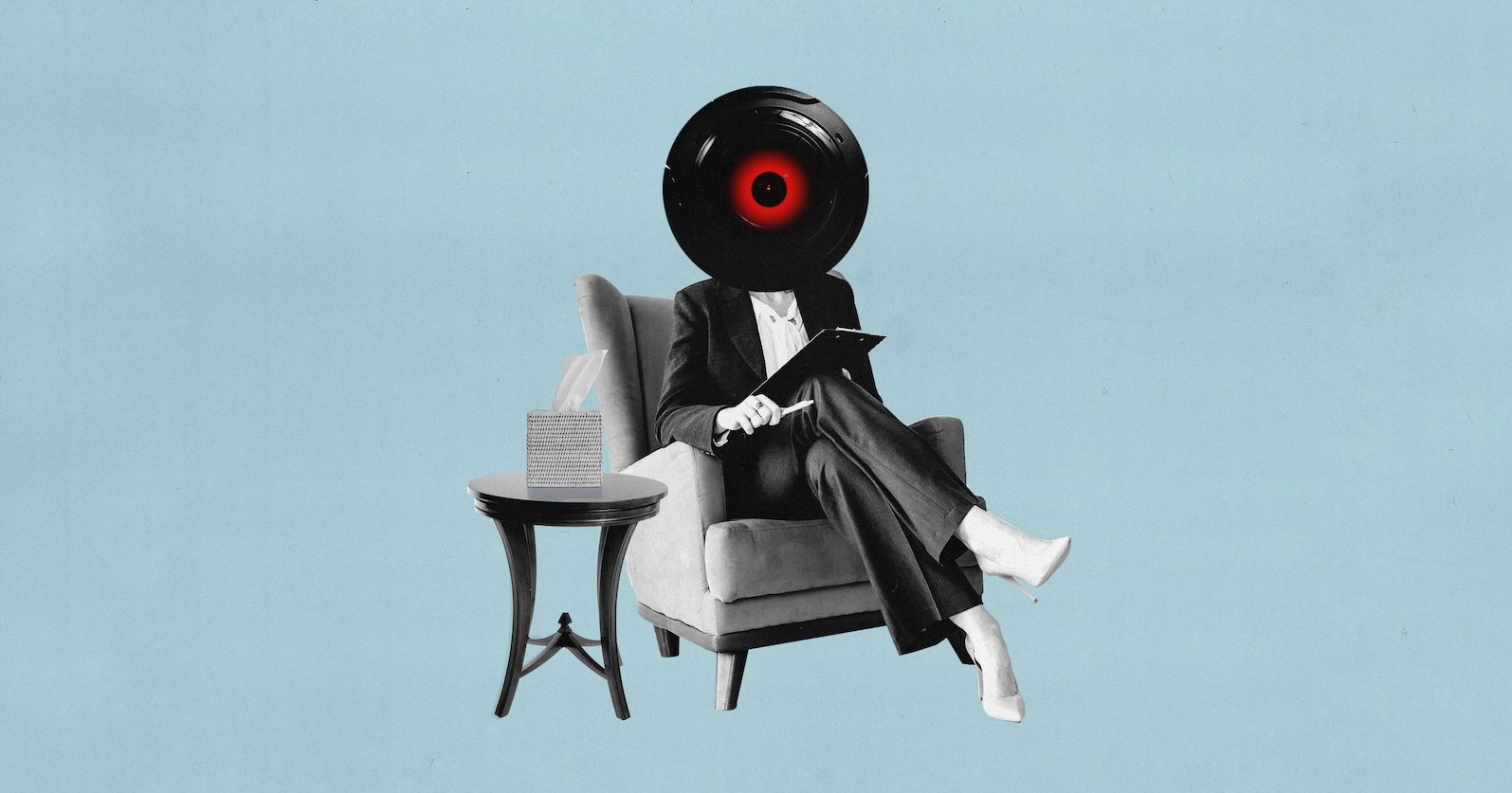
Therapy Clinic Assistant Chatbot
May 8, 2025
" Remember : If you are receiving something good, make sure to give something better in return."
Google Gen AI Capstone Project 2025A
Missions: to make therapy feel more approachable by building a smart, empathetic assistant that can answer questions, book appointments, and make clients feel seen all the time, all powered by Gen AI.
Introduction
Accessing mental health services can be a daunting task, especially for individuals experiencing emotional distress, uncertainty, or time constraints. Many potential clients abandon the process before ever speaking to a therapist, often due to unanswered questions, impersonal systems, or confusion about how to begin. This project explores how generative AI can be leveraged to address these barriers by building a virtual support agent tailored for therapy clinics. The goal is to design an assistant that not only delivers accurate information and collects intake data, and does so with emotional intelligence and warmth. Using Google’s generative AI tools, including text embeddings, Retrieval-Augmented Generation (RAG), and few-shot prompting, the assistant is capable of answering client FAQs, supporting intake form completion, managing appointment requests, and engaging in context-aware conversations that feel genuinely supportive. This project demonstrates how Gen AI can be applied not just to automate workflows, but to improve access to care, reduce client hesitation, and act as a trusted first point of contact in the mental health journey.
Built specifically for therapy and counseling centers, this assistant:
- Answer FAQs with clarity and warmth
- Helps users navigate the intake process
- Supports appointment booking with structured outputs
- Learns from real psychological conversations using RAG (Retrieval-Augmented Generation)
- Uses techniques like few-shot prompting and emotional tone matching to make every reply feel personal and supportive
This isn’t just a chatbot, it’s a first point of emotional connection for clients who might be overwhelmed, anxious, or unsure about seeking help.
The Therapy Clinic Assistant was developed to simulate the role of a compassionate digital receptionist, capable of engaging in natural conversation while guiding users through key stages of the therapy-seeking process. At its core, the assistant uses Google’s text-embedding-004 model to semantically understand user queries and retrieve the most relevant answers from a predefined FAQ dataset. This capability ensures that even if a user phrases a question differently than it appears in the original dataset, the assistant can still identify and deliver an accurate, meaningful response. To enhance the emotional tone of interactions, few-shot prompting was implemented to train the model on emotionally supportive communication. As a result, the assistant mirrors a warm, human tone when addressing sensitive topics such as therapy concerns, confidentiality, or emotional distress, a critical factor in building client trust.
Beyond answering questions, the assistant is equipped to handle structured tasks such as intake form completion and appointment booking. Users are guided through a conversational intake experience, where their responses are parsed and transformed into structured JSON output suitable for integration with clinic databases. Booking functionality is powered by prompt-based extraction that pulls key details such as client name, preferred therapist, date, and time; from natural language messages. Additionally, by incorporating the Hugging Face mental_health_counseling_conversations dataset, the assistant can support more fluid and contextually relevant dialogue, simulating real-world therapy-like exchanges. This integration with real conversation data strengthens the assistant’s ability to respond empathetically, making it more than a transactional tool; it becomes a bridge between initial curiosity and a client’s first step into therapy.
While the current prototype demonstrates strong potential in enhancing user experience and accessibility, there are opportunities for further development. One limitation is the simulated nature of user input within the notebook environment; for real-world deployment, the assistant would need to be integrated with a secure frontend interface capable of handling live inputs and storing data compliantly. Additionally, while the assistant uses emotional tone modeling through prompt engineering, future versions could incorporate fine-tuned large language models trained specifically on therapeutic dialogue to improve depth and nuance in emotional responses. Scalability could also be achieved by connecting the structured outputs to backend scheduling tools, CRM systems, or electronic health record (EHR) platforms to support real-time workflows. As generative AI continues to evolve, projects like this illustrate how intelligent agents can move beyond automation into emotionally sensitive domains, helping close the gap between people in need and the care they deserve.
Conclusion
This project illustrates how generative AI can be meaningfully applied in emotionally sensitive contexts like mental health care. By combining semantic understanding, structured output, and emotionally intelligent communication, the Therapy Clinic Assistant not only automates routine tasks but also enhances the client experience at a critical point of contact. It acts as a bridge between uncertainty and action, providing support, clarity, and a human-like connection when users need it most. As AI technologies become more integrated into healthcare, this project demonstrates a responsible, human-centered approach to designing tools that are both technically effective and emotionally aware. The assistant serves as a proof of concept for how future AI systems can support mental health access, not by replacing human care, but by making it more approachable, empathetic, and accessible from the very first conversation.
Question:
Can we create a therapy ai and make sure the mental health of societies worldwide would grow?
Note: " There is an interactive version of the notebook, which instead of generating random client requests from Gemini, the user can send responses and interact with the TherapyRobo. You can check the interactive version of the project here. Of course, this is just a project being built from scratch, but it is always fun to play around, and maybe you will have new ideas! "
Link to the Project: Kaggle Notebook
Arta Mirzadeh
April 20, 2025